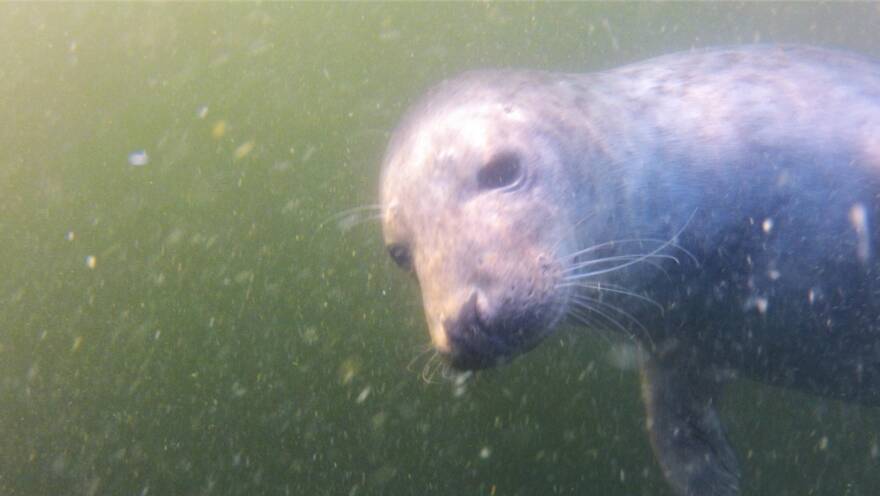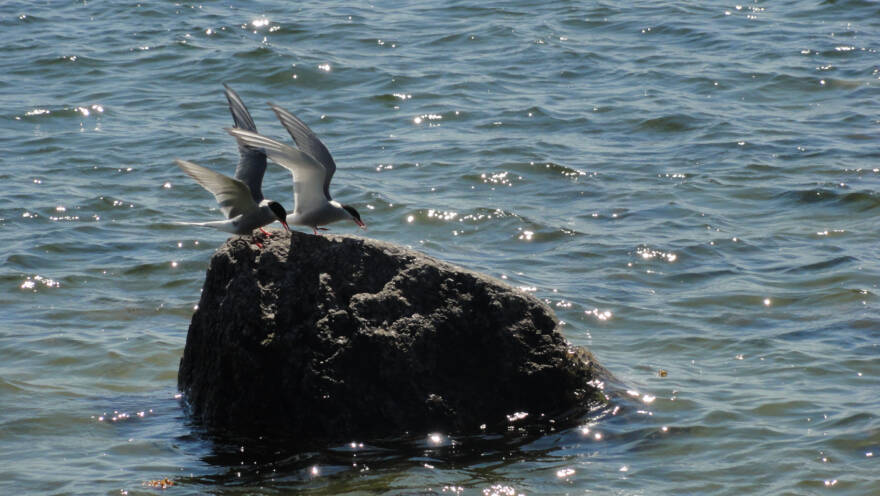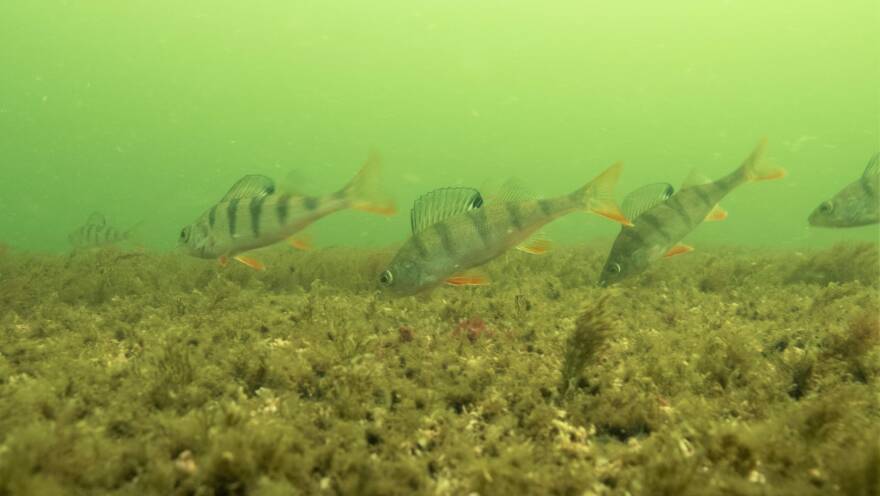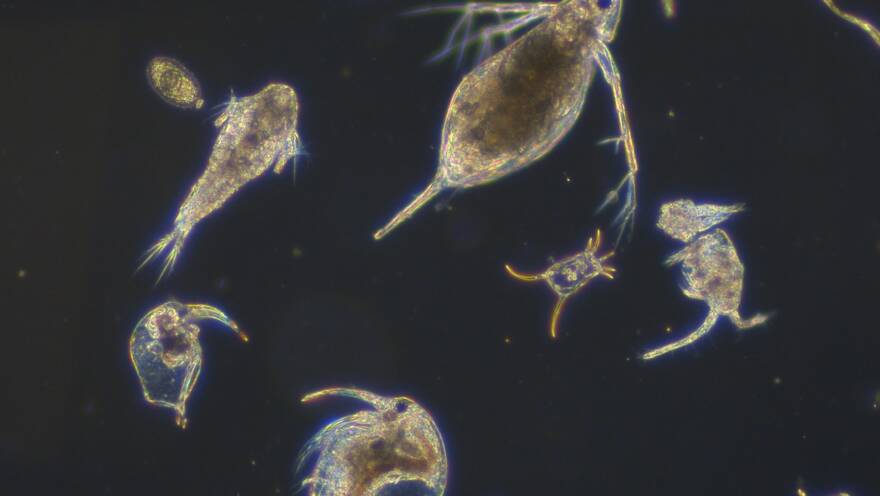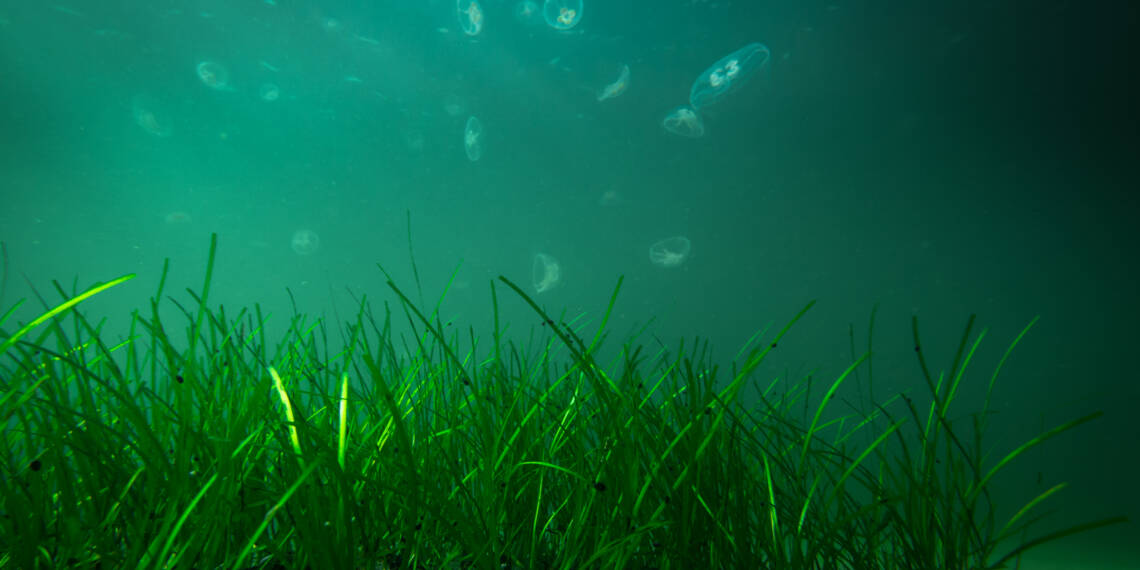
Marine nature is a sensitive entity upon which human impact varies widely
The organisms of the Baltic Sea live under intense pressure. The sea is surrounded by dense populations, which affect the sensitive marine environment. A century ago, hunting caused the collapse of seal populations, after which the marine environment began to be plagued by toxic substances. Today, the sea is particularly affected by eutrophication.
Eutrophication has changed the habitats and living conditions of marine species. The consequences of eutrophication are reflected in the species of the Baltic Sea: plankton and benthic communities have changed, and there have also been changes in fish stocks and the populations of nesting birds.
Of particular concern is the decline of certain key species. Bladder wrack, seagrass, as well as other species, are of paramount importance to many organisms because they provide both shelter and food. Changes in key species are reflected throughout the entire marine food web.
Many pressures cause stress and change in marine communities
In addition to eutrophication, marine nature is burdened by many other issues, such as the construction of coastal and marine areas, dredging, and alien species. These can directly affect communities or change their habitats.
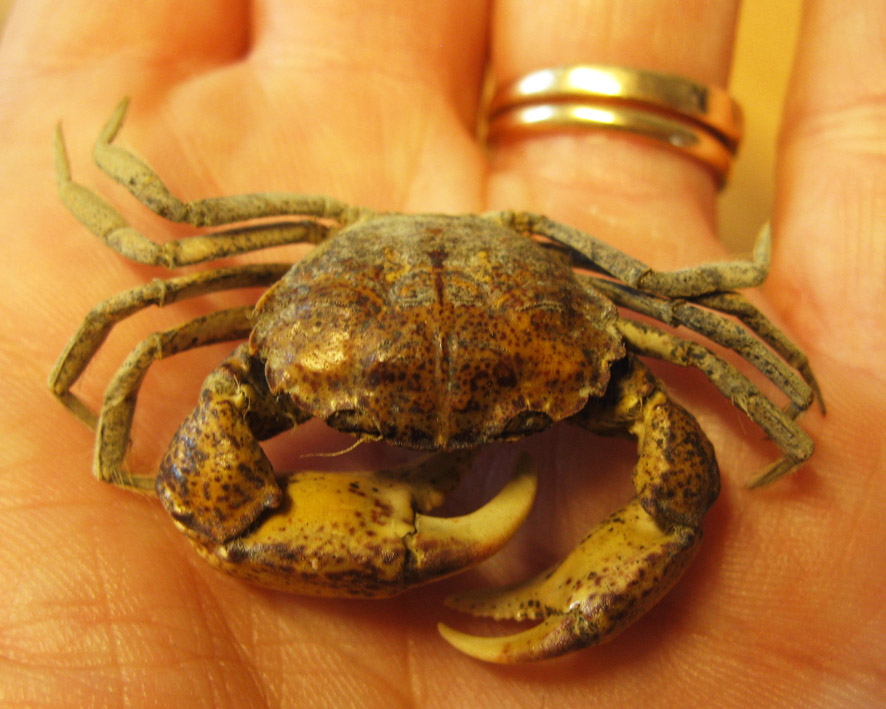
The most recent concerns include underwater noise, marine littering, and climate change. However, their effects are not yet sufficiently known.
Together, all of these different pressures cause a considerable total strain on the marine environment. This is evident in both underwater communities and surface aquatic marine life. The state of marine nature is monitored using several different indicators.


